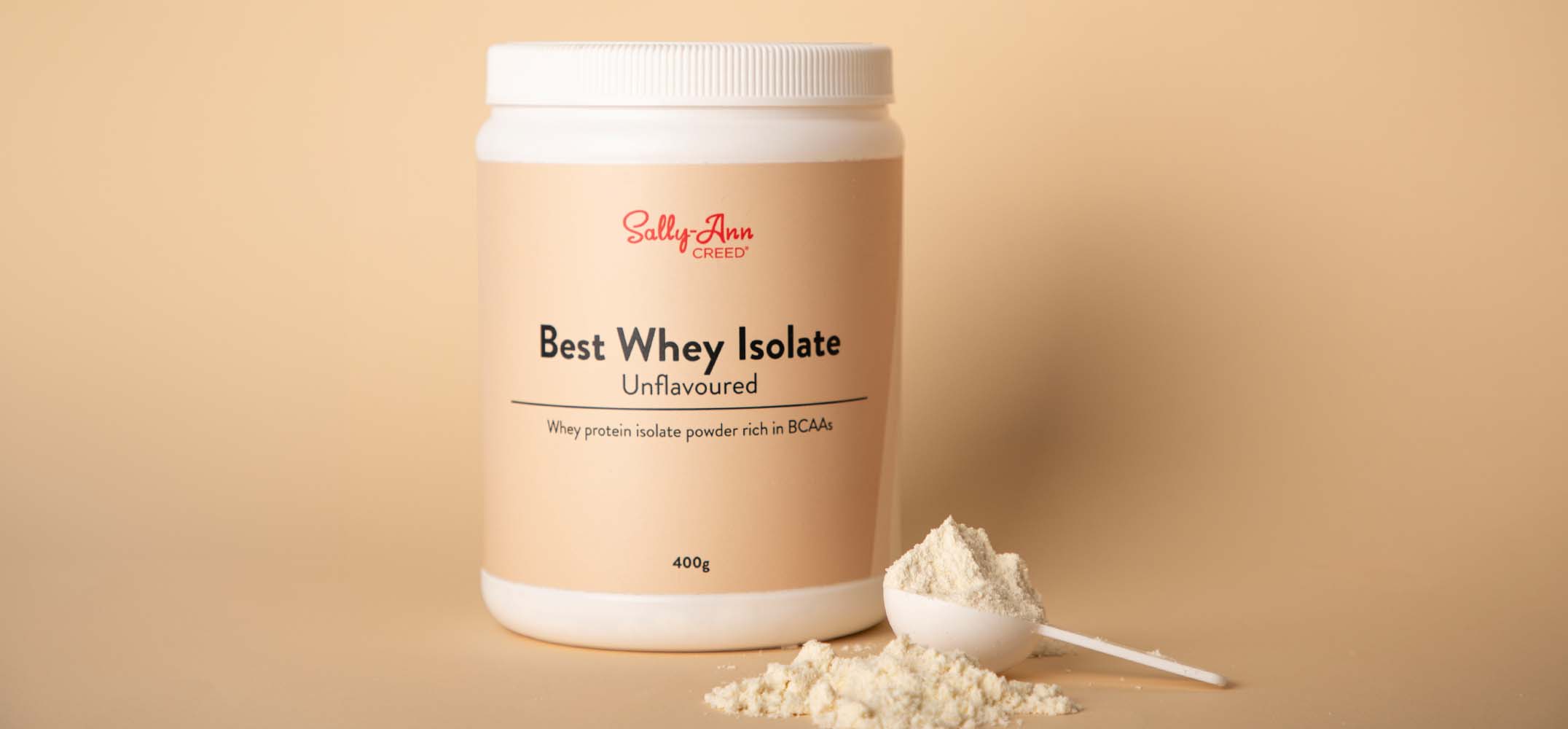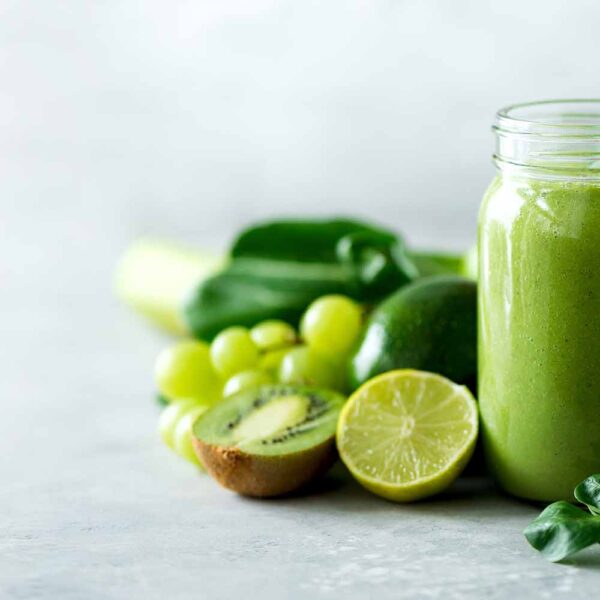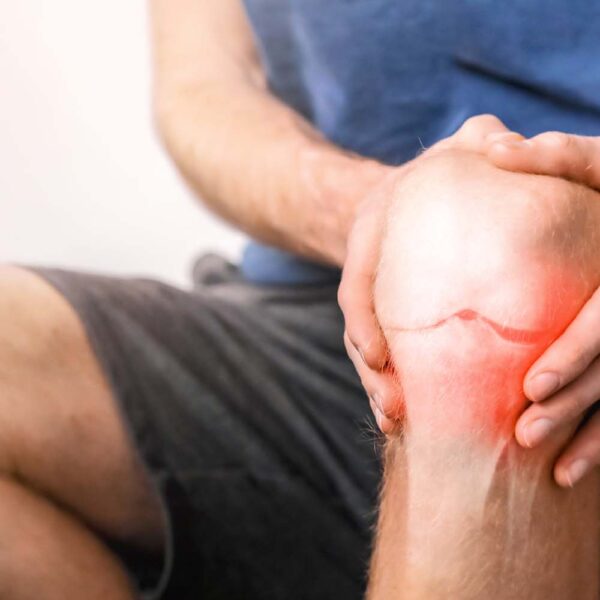When we think of protein, often the first image that comes to mind is the classic bodybuilder eating a bowl of eggs and downing a protein shake. But protein and its benefits extend far beyond just the fitness enthusiast.
- It’s the building block for everything in our body.
- Essential for cell production and repair.
- Promotes satiety and helps you feel full.
- Supports a healthy immune system.
- Necessary for hormone production.
- Crucial for muscle recovery and generation.
A cool fact: Protein has the highest “thermic effect,” meaning that our body uses more energy to break down protein into amino acids than it does for carbohydrates or fat. This can contribute to weight management and metabolic health.
But what exactly is protein, and how much do you really need?
Proteins are chains of amino acids cleverly connected by what we call α-peptide bonds. When we eat protein, our body breaks it down into smaller peptides and amino acids. Think of our Sally-Ann Protein Powder; this is a protein in a very broken-down form, making it easily digestible—protein peptides.
Now here’s another fun fact: Out of the 20 amino acids found in proteins, NINE are considered essential for adult humans. These nine are leucine, valine, isoleucine, histidine, lysine, methionine, threonine, tryptophan, and phenylalanine. The term “essential” means our bodies can’t create them, so we rely on our diet to provide them.
While many of us understand why protein is important, determining the right amount can be tricky. Science offers us some guidelines:
Protein requirements are often estimated or calculated based on:
- Body weight
- Percentage of total caloric intake (10-35%)
- Age and specific health conditions
Adults:
Your body needs, at the very least, 0.8g/kg body weight/day. This is just to meet your basic nutritional requirements. Most adults will often require more than the allowance. How would you work this out? A 60 kg woman would need 48 g of protein a day, a 70 kg man would need 56 g. Now to give you a brief example- 30 g of meat gives us 7 g of protein. So this calculation does not show you how much meat to have, but how much basic PROTEIN you need.
- For maintenance of muscle: 1-1.2g/kg/day
- For regular exercise or acute illness/disease: 1.2-1.5g/kg/day
- For endurance athletes: 1.2-1.4g/kg/day
- For strength training athletes: 1.6-2.2g/kg/day
Some studies even suggest that for some athletes one could reach up to 2.5g/kg/day.
Example: A 40-year-old woman weighing 71 kg who exercises twice a week can use the 1.2 g/kg/day calculation and would therefore need 85g of protein a day. Check out the end of our article for a visual guide on what 30g of protein looks like.
Your protein needs and requirements are highly individual. Those who are very physically active, pregnant or breastfeeding, elderly, or have certain medical conditions may need more protein. The recommended amount of protein varies depending on several factors, including activity level and fitness goals. There isn’t a one size fits all.
Sources of 30g of protein: (USDA)
| Food | Raw Weight | Calories |
| Chicken breast,raw, skinless, boiled | 130 g | 156 kcal |
| Beef, fillet, raw | 135 g | 210 kcal |
| Pork, fillet, raw | 140 g | 155 kcal |
| Fish, hake | 170 g | 130 kcal |
| Eggs, whole, large | 4.5 | 320 kcal |
| Tuna, can | 167 g | 130 kcal |
| Milk, full fat | 900 ml | 540 kcal |
| Yoghurt, full fat | 850 g | 519 kcal |
| Beans, butter, canned | 550 g | 468 kcal |
| Lentils, canned | 350 g | 577 kcal |
| Peanut butter | 130 g | 776 kcal |
| Tofu, firm | 170 g | 245 kcal |
| Protein Powder, Sally Ann Creed | 35 g | 130 kcal |
| Collagen, Pure Hydrolysed Sally Ann Creed | 33 g | 120 kcal |
It’s best for individuals to consult with a dietitian or doctor to determine their specific protein needs based on their unique lifestyle and health objectives.
MEETING YOUR PROTEIN NEEDS
Equally distributing your daily protein intake is another important consideration for everyone because it helps with satiety and fullness. To provide your body with the greatest chance of absorption we aim to distribute it throughout the day








